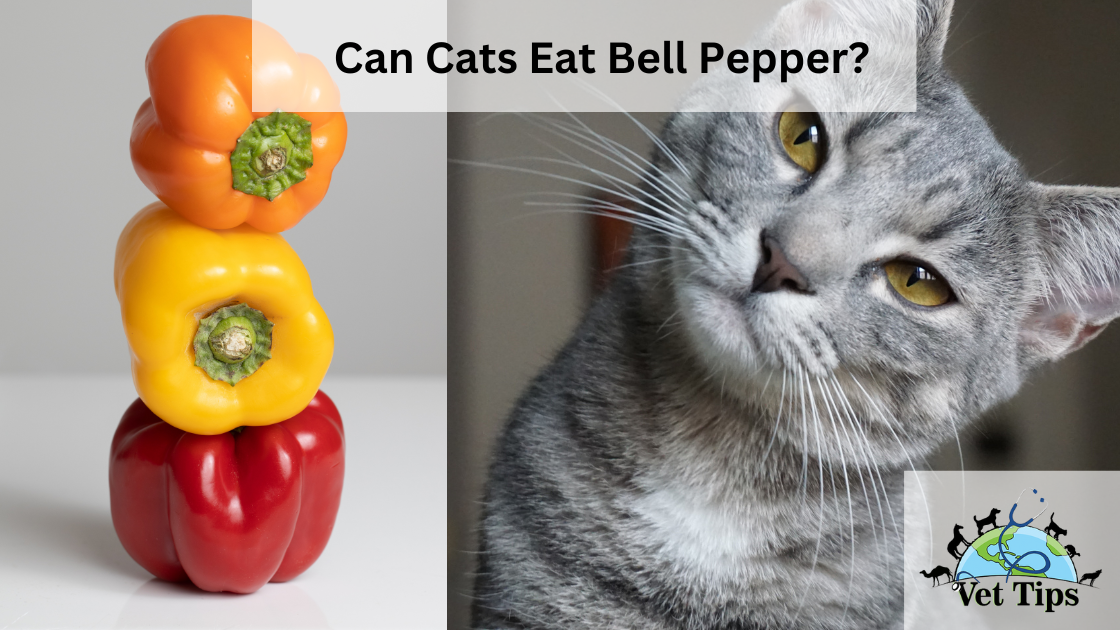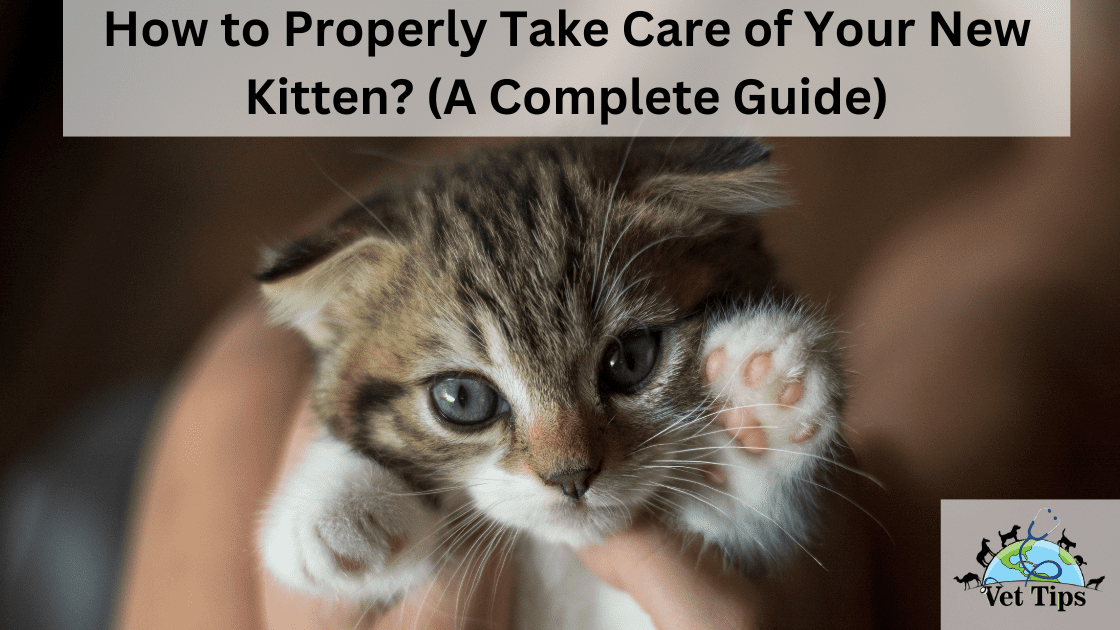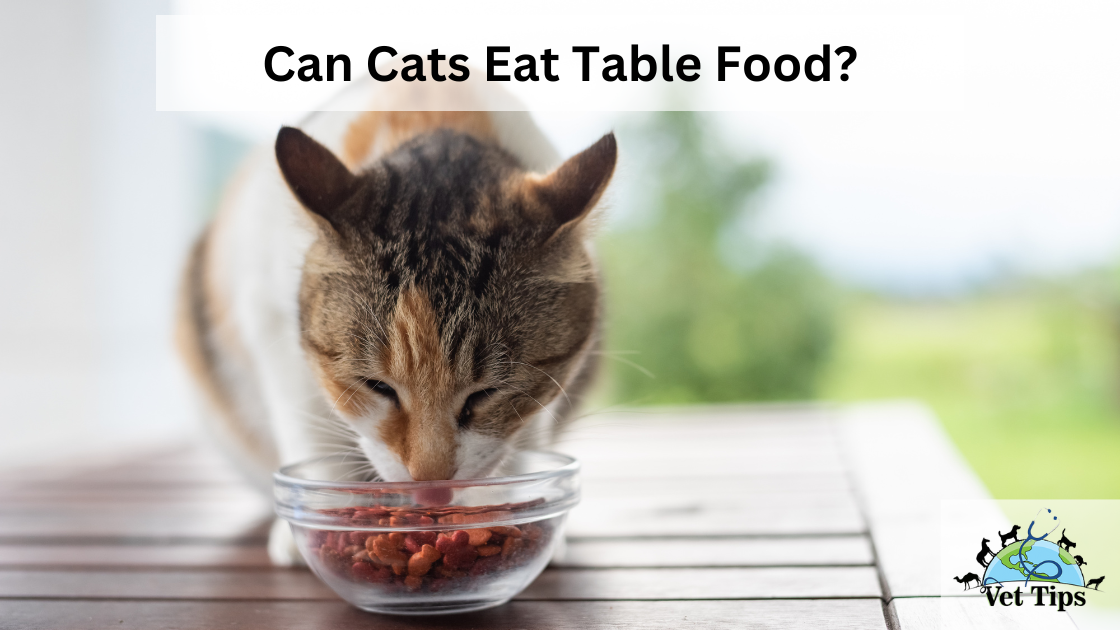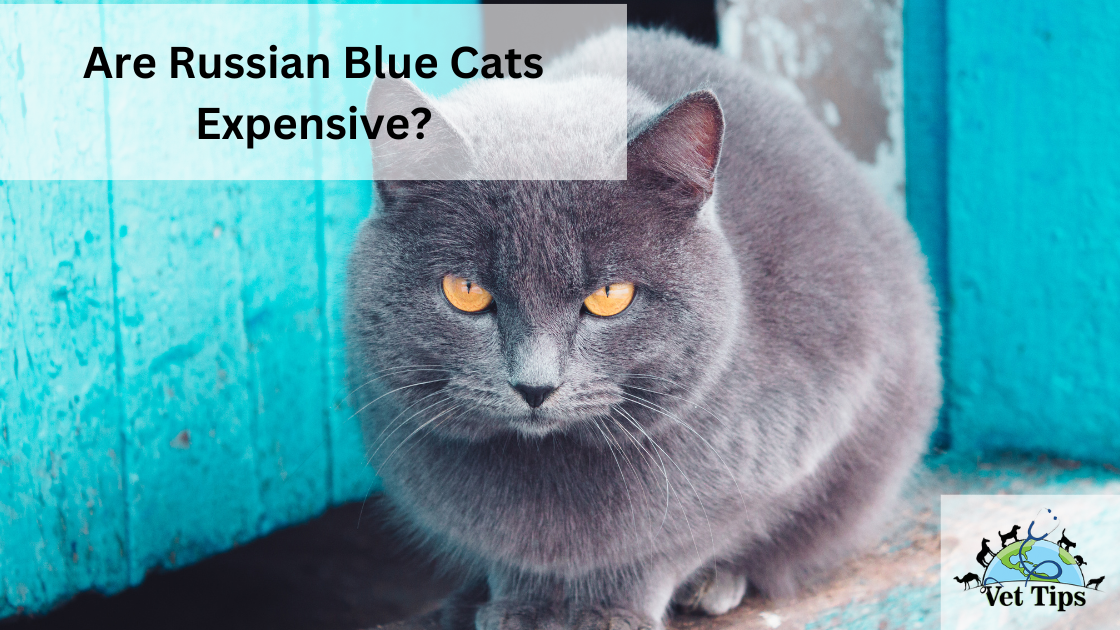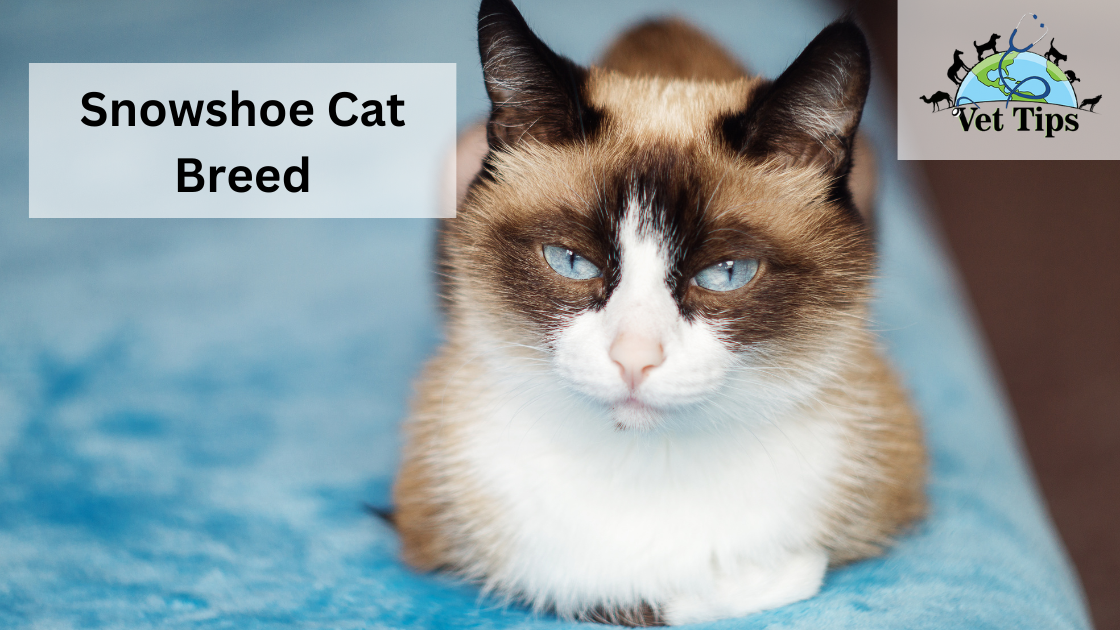When it comes to our feline companions, our feline pals might have quite particular nutritional requirements and preferences. One common question is, “Can cats eat bell pepper?” Let’s investigate this issue and the positive aspects, potential dangers, and the best ways to incorporate bell peppers into a cat’s diet.
Can Cats Eat Bell Peppers?
Yes, cats can eat bell peppers. Cats are able to ingest bell peppers without risk since they do not contain any hazardous ingredients. On the other hand, cats have certain food requirements that are distinct from those of humans, and it is essential to prioritize meeting the feline pets’ dietary requirements.
What Ingredients and Nutrients Does Bell Pepper Contain?
Bell peppers are loaded with a wide variety of useful components and nutrients that can positively contribute to a cat’s general health. The following is a list of noteworthy components that may be found in bell peppers:
- Water: Because of their high water content, bell peppers are an excellent source of hydration.
- Vitamins: Bell peppers are an excellent source of several important vitamins, including vitamin C, vitamin A, and a variety of the B vitamins. Vitamin C boosts immunity and iron absorption, while vitamin A improves eyesight and skin.
- Minerals: Bell peppers contain a variety of essential minerals, including potassium, magnesium, and manganese, which are used by the body in a variety of processes.
- Fiber: Bell peppers are a rich source of dietary fiber, which can assist ease digestion and help reduce constipation in cats. Bell peppers are also a high source of vitamin C, which can help prevent constipation.
- Antioxidants: Bell peppers include antioxidants such as beta-carotene and lutein, which help protect cells from harm caused by free radicals. Antioxidants are also found in tomatoes.
Are Bell Peppers Toxic?
No, bell peppers are not toxic to cats. They are regarded as being risk-free for eating by felines. It is essential, however, to remove the seeds, stem, and inner white pith, as these components can be difficult for cats to digest and may lead to digestive problems if they are not removed.
What Are The Benefits of Feeding Cats Bell Pepper?
Feeding cats bell peppers may provide them with a number of possible health advantages, including the following:
Boosts Hydration
Because of their high water content, bell peppers are an excellent way to keep feline friends hydrated, especially if they aren’t big fans of drinking water straight from their bowls.
Helps with Indigestion
Because of the high fiber content, bell peppers can facilitate digestion and help ease digestive disorders in cats, including constipation.
Prevents Anemia
Vitamin C, which is abundant in bell peppers, is one of the factors that facilitates the body’s absorption of iron. This may prove to be helpful in warding off anemia in feline patients.
Reduces the Risk of Cancer
Bell peppers include a variety of anti-oxidants, including vitamin C and beta-carotene, both of which have been shown to lessen the incidence of some forms of cancer in cats.
Reduces Eyesight Issues
Because of the high level of vitamin A found in bell peppers, cats who eat them regularly can reduce their risk of developing visual issues.
Low-Calorie Snack
Because of their low caloric content, bell peppers are an excellent choice for a healthy and nourishing snack for cats, particularly those on a diet to maintain weight.
What Are The Risks of Feeding Cats Bell Pepper?
Even while there are some advantages to feeding bell peppers to cats, there are also some potential dangers linked with doing so. These are the following:
Digestive Issues
There is a possibility that some cats will have trouble digesting bell peppers, which might result in gastrointestinal distress such as vomiting or diarrhea. It is essential to make progressive introductions of bell peppers while keeping an eye on your cat’s reaction.
Nutrient Deficiencies
Even though bell peppers have certain nutrients, a diet consisting solely of bell peppers does not provide cats with a balanced diet. If you give your cat an excessive amount of bell pepper, it might lead to vitamin shortages if it takes the place of other vital foods.
Liver Disease
It is possible for cats to get liver illness as a result of eating an excessive amount of bell peppers. The high quantities of vitamin C found in bell peppers can potentially overwhelm the liver, particularly in cats with diseases that affect the liver.
Can Cats Eat Raw Bell Peppers?
Yes, a cat can eat raw bell peppers. The nutritious content of raw bell peppers is preserved, and they may be served either as a snack or as a supplementary item with their normal meals. However, you need to ensure that the bell peppers have been completely cleaned and do not contain any dangerous compounds or pesticides.
Can Cats Eat Cooked Bell Peppers?
Cooked bell peppers are usually safe for cats to eat. However, it is essential to remember that boiling bell peppers may change the amount of nutrients they contain. It is better to only provide cooked bell peppers in very little amounts on an irregular basis as a treat.

How Much Bell Pepper Can A Cat Eat?
It is important to just give cats a little amount of bell peppers when it comes to feeding them. As a special treat or as an addition to their normal meals, provide them with a few bite-sized pieces of bell peppers. A diet that contains an excessive amount of bell pepper may create digestive problems or upset the natural balance of the diet.
How Often Can A Cat Eat Bell Pepper?
Cats should only have little amounts of bell peppers on a sporadic basis. Moderation is the key. In most cases, feeding your pet bell peppers once or twice a week should be plenty. Always keep an eye on how your cat reacts, and if you have any concerns, get in touch with a veterinary professional.
How To Prepare Bell Pepper For Cats?
It’s important to follow a few steps when cooking bell peppers for cats to make sure they are safe and easy to digest:
- Thoroughly wash the bell pepper by rinsing it under cool running water to get rid of any dirt, chemicals, or other unwanted substances.
- Cut the stem off and throw it away. Cut the bell pepper in half lengthwise, then scrape off the seeds and white pith from the center. These portions are indigestible and have the potential to give cats stomachaches and other gastrointestinal problems.
- Cut the bell pepper into little pieces that your cat can chew and swallow. This assists in digestion and helps avoid choking from occurring.
- You can give your cat the prepared bell pepper pieces as a snack or mix them with their meal. Start with a tiny amount to determine whether or not your cat is interested in the food and how well it is tolerated.
- Always watch your cat consume bell peppers to make sure they’re chewing correctly and not having any issues.
How To Feed Bell Pepper To Cats?
To get bell peppers ready for your cat to eat, first make sure they are completely clean and then remove the stem as well as the seeds. Your cat will have easier chewing and digesting the bell peppers if you cut them into small, manageable pieces beforehand. You may either give the bits of bell pepper to your cat straight or mix them with the food they normally eat. It is essential to monitor your cat’s reaction to the bell peppers to determine whether or not they are tolerating them properly.
FAQs
Do Cats Even Like Bell Peppers?
Bell peppers may be a food that some cats appreciate for their flavor and texture, but there are also those cats who have no interest in eating bell peppers. It is advisable to gradually introduce bell peppers to your cat and watch for their reaction to decide whether or not they love eating them.
What Types of Bell Pepper Can Cats Eat?
Bell peppers of any color, including green, red, yellow, and orange, are perfectly acceptable for consumption by domestic cats. Although the nutritional value of the different hues may vary significantly from one another, it is perfectly OK for cats to consume these treats.
Tell us in the comments, how you like our article “Can Cats Eat Bell Pepper?”
For similar posts like this, click here.
For the source file, click here.

